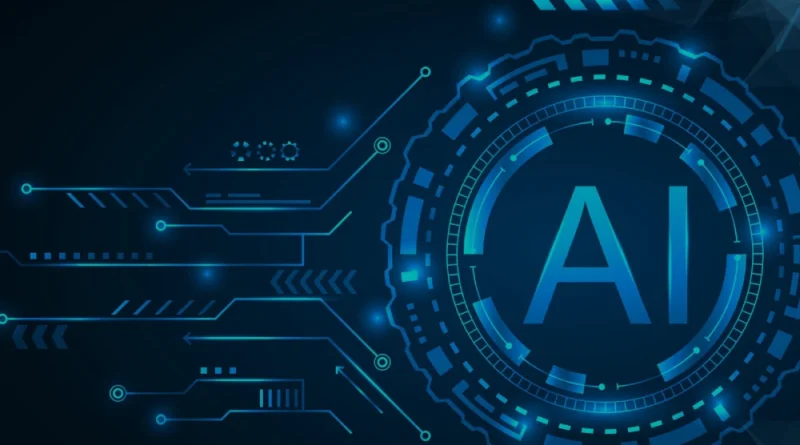Responsible AI Goes Live: IndiaAI’s Big Launch This September
Starting September 2025, the IndiaAI Mission will roll out four Responsible Artificial Intelligence (RAI) solutions on its AIKosha platform, marking a significant step in promoting ethical and safe AI practices in India. These initiatives, developed under the ‘Safe and Trusted AI’ pillar, aim to address critical challenges in AI deployment, such as bias, privacy, and fairness.
Overview of the Four RAI Solutions
1. Machine Unlearning Techniques: Developed by the Indian Institute of Technology (IIT) Jodhpur, this solution focuses on enabling AI systems to “forget” specific data upon request. This capability is crucial for compliance with data privacy regulations and for enhancing user trust by allowing the removal of personal data from AI models.
2. Bias Mitigation Frameworks: IIT Roorkee has designed methods to generate synthetic data that help in mitigating biases present in datasets. Additionally, they have developed frameworks to address bias within machine learning pipelines, ensuring that AI models make fair and unbiased decisions.
3. Risk Assessment Tools: The National Institute of Technology (NIT) Raipur is working on tools to systematically assess and monitor potential risks associated with AI adoption, particularly in healthcare systems. These tools aim to identify and mitigate ethical and operational risks in AI applications.
4. Fairness Assessment Tools: Indraprastha Institute of Information Technology (IIIT) Delhi, in collaboration with the Telecommunication Engineering Center (TEC), is developing tools to assess the fairness of AI models. These tools are designed to evaluate and ensure that AI systems do not exhibit discriminatory behavior.

Deployment on AIKosha
You can get these RAI answers through AIKosha, a safe site created by India’s Ministry of Electronics and Information Technology (MeitY) to speed up AI creation in the country. AIKosha is a primary library that has more than 300 datasets, more than 80 AI models, and different AI use cases. The platform has an AI lab with built-in lessons, work settings, and tools, making it a complete environment for building AI.
When these solutions are put into place on AIKosha, academics, developers, and lawmakers will be able to use tools that encourage responsible AI practices. AIKosha wants to help people make AI systems that are ethical, open, and in line with society values by giving them tools for reducing bias, evaluating risk, and judging fairness.
Broader Implications
India’s IndiaAI Mission aims to promote the safe, ethical, and inclusive use of artificial intelligence. The launch of these RAI options remains true to that goal. These projects hope to increase belief in AI technologies and make sure that AI systems do good things for society by tackling important problems like data privacy, bias, and fairness.
The government also plans to release 30 projects from the application development effort as “try models” within a month. This will let people test and learn more about these AI apps. This method promotes openness and user participation, creating a helpful space for working together on AI development.
Conclusion
Four Responsible AI solutions will soon be put into use on AIKosha. This is a big step forward in India’s AI journey. These projects aim to make sure that AI technologies are created and used properly by working on important areas like machine unlearning, reducing bias, risk assessment, and fairness evaluation. With the help of AIKosha and other platforms, India is building an AI environment that is moral, open, and in line with the country’s beliefs and goals.
Disclaimer
The information presented in this blog is derived from publicly available sources for general use, including any cited references. While we strive to mention credible sources whenever possible, Web Designer in Mumbai does not guarantee the accuracy of the information provided in any way. This article is intended solely for general informational purposes. It should be understood that it does not constitute legal advice and does not aim to serve as such. If any individual(s) make decisions based on the information in this article without verifying the facts, we explicitly reject any liability that may arise as a result. We recommend that readers seek separate guidance regarding any specific information provided here.

